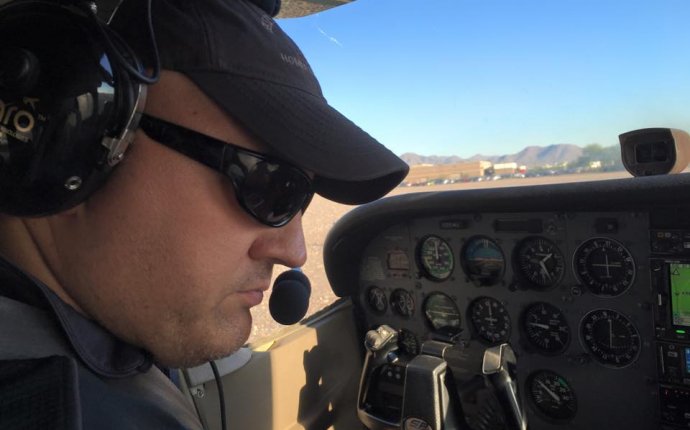
Becoming a professional pilot
Students in the Professional Pilot Certificate program must complete the 16 credit hours of these six courses:
AVM 120 Primary Flight Theory and Training, Solo - 3 credits: Learn both the theory and the practical skills you need to fly solo in a single-engine, land-class plane.
AVM 121 Primary Flight Theory and Training, PPL - 3 credits: Become fully prepared to take the FAA written, oral and flight training exams necessary to obtain your PPL (private pilot license).
AVM 220 Instrument Flight Theory and Training, Basic - 3 credits: Learn instrument flight theory and get the training you need to accomplish basic ground and flight checks of instruments and navigation.
AVM 221 Instrument Flight Theory and Training, Advanced - 3 credits: This advanced level will prepare you for the FAA written, oral and flight training needed to obtain the required instrument rating.
AVM 230 Commercial Flight Theory - 3 credits: This will prepare you for both the written and oral FAA exams for your commercial pilot certificate.
AVM 231 Commercial Flight Training – 1 credit : Complete the required flight to be eligible for the certificate.
In addition, requirements for the commercial airline pilot certificate include:
- Passing a medical exam
- Being at least 17 years old when you complete the certification
Professional pilot career opportunities
Becoming a professional airline pilot with this professional-level certification will make you a more accomplished airplane pilot. This will help both in landing a job and negotiating the salary you’re looking for. With a Professional Pilot Certificate, you’re able to explore pilot career opportunities, including:
- Banner tow pilot
- Charter pilot
- Commercial airline copilot
- Air traffic controller
- Private or commercial pilot
- Information or HR specialist
- Corporate manager









